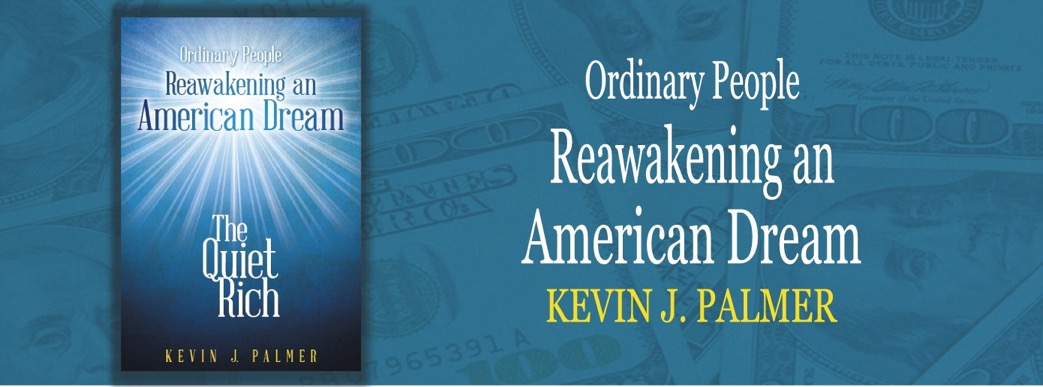
My conversation continues with Thomas Seekins, a lone traveler, while we are on an archaeological dig in 2011.
“On that short train trip, I thought about what Sam (Sam was a full-blooded Native American who had come to Canada in search of work) told me and compared it to what I had known as a boy in Boston, the home of democracy, Benjamin Franklin, the Boston Red Sox, my paper route, and the different world of my life with Dad. How could that America also be the America of the Native Americans who lived on reservations? Our tribal names were given to us by Europeans who did not speak our language. When the Spanish asked the Navajos who built the pueblos that are now abandoned, the Navajos’ words for ancient enemies sounded to the Spanish like Anasazi, and so that became the tribe’s name. Similar things happened in other cases, and now I was asking, ‘What is the meaning in all of this?’ I felt unsure of my belief in the person I had been up to that point. Sam helped me identify that at least I was on the right track in wanting to be a responsible, respectful person, and a worker dedicated to doing a good job.”
The constant digging and sifting allowed me to think as I listened to this man’s story. It was mid-July when Thomas had stepped off the train in Jasper. It was hot, hotter than he’d expected. I could feel that same heat from the sun above me as he talked about spending the night in a shabby motel with only forty dollars in his pocket but a dream the size of Canada itself in his heart. Although he was full of hope and his will to work had the power of youthful enthusiasm, he was an immigrant in this unfamiliar country. When he walked to the immigration office, he thought about how the Native Americans must have felt as they were forced to relocate to an unknown place that was not their home. “It was at this gray, heartless-looking building that I acquired the legal right to work in Canada—provided I could get that hotel job,” he said.
“I filled out the paperwork and eventually found my way to the desk of an employment clerk tasked with job placement assistance. The clerk said, ‘You’ve heard of a job possibility, but you don’t have the job, eh? Well, let’s look at the newspaper ads.’” Then Tom told me he let himself accept the help without pride. The clerk skimmed through the paper and said he didn’t find much, then handed it back to Tom, saying, “Maybe tomorrow.”
I pushed my shovel into the pile of dirt we’d created. “That sounds rather useless. What did you do?”
“I read the ads myself! One of them was from a company looking for an experienced welder. So I left the office, went to a pay phone, called the company, explained my situation, and said, ‘I’d like to come on down and just talk with you. And if there is anything I can do, we’ll see how it works out.’”
“That was courageous. What did he say?”
“When I met him the next day, I was dressed in the best clothes I had, even though the welding shop was a squat, dirty building in the middle of nowhere. A big man with the build of a linebacker greeted me but did not smile, even though his eyes reflected kindness and intelligence that reassured me. ‘You here for the job?’ he asked. I said that indeed I was.”
“He said to me, ‘You have no experience, yet you said I should give you a chance. Have you ever held a welding torch?’ I said no but that I’d seen one being used before and that I was strong and willing to learn, so if he could take the time to train me, I’d be the best worker he’d ever hired.”
Tom then smiled at the welding-shop owner. After some laughter and a little more convincing, he agreed to give Tom a couple of hours in the welding shop so the young man could show how fast he could learn. When the clock struck five, Tom was welding to the satisfaction of his boss-to-be and landed the job. That’s where he worked for the rest of his first summer in Canada.
This made me curious. “How did you live? You said you only had forty dollars after one night in the motel.”
“I went to the owner of the motel and said, ‘I’m new in town, and I just got hired. If you’ll allow me to stay in my room until my first paycheck arrives, I’ll clean and do maintenance for you after work each day. Just give me a list of chores. The lady who owned the motel wrote out a list on the spot.”
“You landed on your feet twice in one day!”
“Yes, and it taught me a lesson that I’d never learned in school—that it isn’t enough to see a chance, that one has to make, and then take, the chance.”
It occurred to me that Thomas was on the road to success at that point because he focused his effort in any situation. By doing this, he pushed his best qualities to the surface and integrated interpersonal skills that were easily recognized by others—especially those who might partner with him for economic gain.
By now, we had sifted a few pottery shards out of the dirt, and Thomas was examining them with a magnifying glass. “Just think of the hands that must have held this so many years ago. How old do you think it might be? Who do you think held this, and what did they think about their life?”
“I’m not sure. The people in the lab tent will bag it, and we’ll figure it out. Your curiosity runs deep, Tom. I’ll bet that helped you make your way through life.”
“Sure, I guess it did. Do you want me to keep telling you how I got here? You’re a good listener, and we’ve still got some hours of daylight here on the site.”
“Yes. Later, when I drift off to sleep after this exhausting day, thinking about the story will help me relax.”
Thomas did well at the welding job through the year, but he eventually found that it did not fulfill him in any meaningful way. Neither did his next job in a construction company’s office, which he quit shortly after taking the position—to enroll in a business school in late September, hoping to bolster his natural accounting skills while doing a work-study program to pay for his tuition. When Thomas told me that the best thing about his formal education experience was meeting a young woman named Sally, I knew his story had taken a turn.
They shared a wonderful relationship, but Sally gave him an ultimatum: choose to settle down by a certain date or to leave her alone. He left her alone and contemplated his next move.
Instead of staying rooted in his comfort zone by continuing to date Sally and study accounting, Thomas was always ready to move forward, he said, always ready to try something new, and in everything he did, he was certain that he did his best no matter what.
Read the complete success story in the book, The Quiet Rich: Ordinary People Reawakening an American Dream.
Kevin J. Palmer, Author
The Quiet Rich

